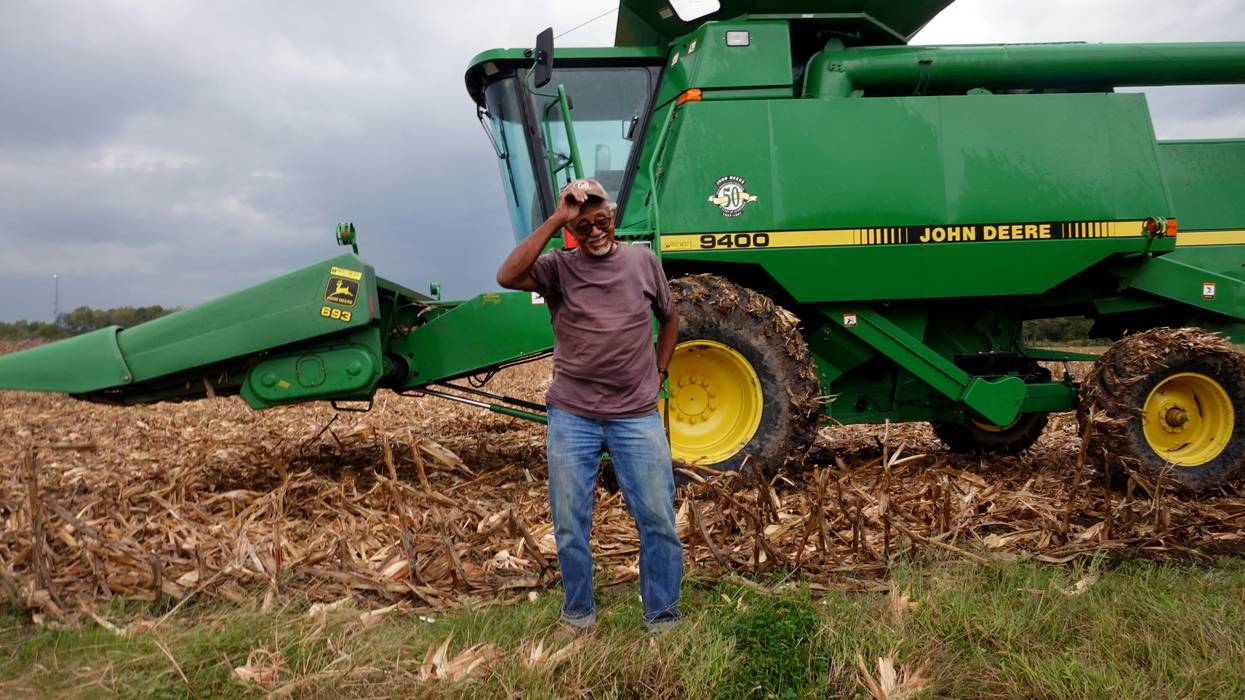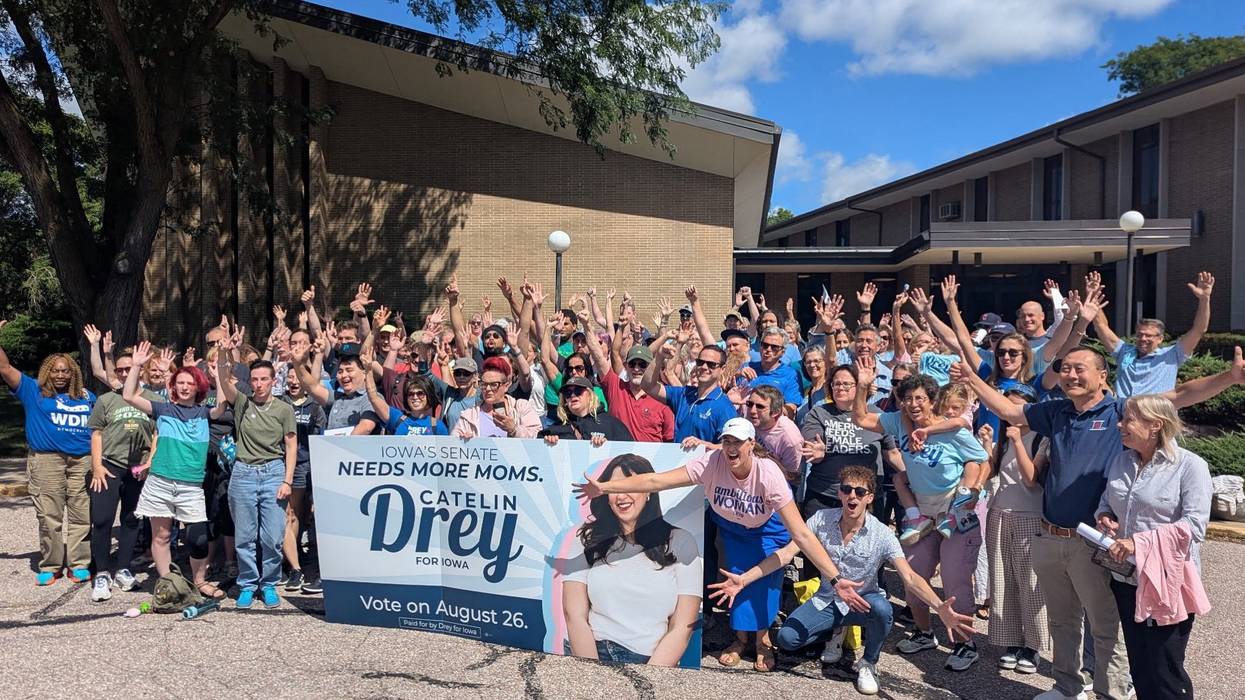"We depend on the Chinese market. The reason we depend so much on this market is China consumes 61% of soybeans produced worldwide," Kentucky farmer Caleb Ragland, who is president of the American Soybean Association, told News Nation on Monday. "Right now, we have zero sold for this crop that’s starting to be harvested right now.”
Ragland continued:
It’s a five-alarm fire for our industry that 25% of our total sales is currently missing. And right now we are not competitive with Brazil due to the retaliatory tariffs that are in place. Our prices are about 20% higher, and that means that the Chinese are going elsewhere because they can find a better value.
And the American soybean farmers and their families are suffering. They are 500,000 of us that produce soybeans, and we desperately need markets, and we need opportunity and a leveled playing field.
“There’s an artificial barrier that is built with these tariffs that makes us not be competitive," Ragland added.
Tennessee Soybean Promotion Council executive director Stefan Maupin likened the tariffs to "death by a thousand cuts."
“We’re in a significant and desperate situation where... none of the crops that farmers grow right now return a profit,” Maupin told the Tennessee Lookout Monday. “They don’t even break even.”
Alan Meadows, a fifth-generation soybean farmer in Lauderdale County, Tennessee, said that “this has been a really tough year for us."
“It started off really good," Meadows said. "We were in the field in late March, which is early for us. But then the wheels came off, so to speak, pretty quick.”
It started with devastating flooding in April, followed by a drier-than-usual summer. Higher supply costs due to inflation and Trump's tariffs exacerbated the dire situation.
“So much of what has happened and what’s going on here is totally out of our control,” Meadows said. “We just want a free, fair, and open market where we can sell our goods... as competitively as anybody else around the world. And we do feel that we produce a superior product here in the United States, and we just need to have the markets.”
Farmers are desperate for help from the federal government. However, Congress has not passed a new Farm Bill—legislation authorizing funding for agriculture and food programs—since 2018, without which "we do not have a workable safety net program when things like this happen in our economy," according to Maupin.
Maupin added that farmers “have done everything right, they’ve managed their finances well, they have put in a good crop... but they cannot change the weather, they cannot change the economy, they cannot change the markets."
"The weather is in the control of a higher power," he added, "and the economy and the markets are in control of Washington, DC."
It's not just soybean farmers who are hurting. Tim Maxwell, a 65-year-old Iowa grain and hog farmer, told the BBC Sunday that "our yields, crops, and weather are pretty good—but our [interest from] markets right now is on a low."
Despite his troubles, Maxwell remains supportive of Trump, saying that he is "going to be patient," adding, "I believe in our president."
However, there is a limit to Maxwell's patience with Trump.
"We're giving him the chance to follow through with the tariffs, but there had better be results," he said. "I think we need to be seeing something in 18 months or less. We understand risk—and it had better pay off."
It's also not just Trump's economic policies that are putting farmers in a squeeze. The president's anti-immigrant crackdown has left many farmers without the labor they need to operate.
“The whole thing is screwed up,” John Painter, a Pennsylvania organic dairy farmer and three-time Trump voter, told Politico Monday. “We need people to do the jobs Americans are too spoiled to do.”
As Politico noted:
The US agricultural workforce fell by 155,000—about 7%—between March and July, according to an analysis of Bureau of Labor Statistics data. That tracks with Pew Research Center data that shows total immigrant labor fell by 750,000 from January through July. The labor shortage piles onto an ongoing economic crisis for farmers exacerbated by dwindling export markets that could leave them with crop surpluses.
“People don’t understand that if we don’t get more labor, our cows don’t get milked and our crops don’t get picked,” said Tim Wood, another Pennsylvania dairy farmer and a member of the state's Farm Bureau board of directors.
Charlie Porter, who heads the Pennsylvania Farm Bureau’s Ag Labor and Safety Committee, told Politico that “it’s a shame you have hard-working people who need labor, and a group of people who are willing to work, and they have to look over their shoulder like they’re criminals—they're not."
Painter also said that he is "very disappointed" by Trump's immigration policies.
“It’s not right, what they’re doing,” he said of the administration. “All of us, if we look back in history, including the president, we have somebody that came to this country for the American dream.”


